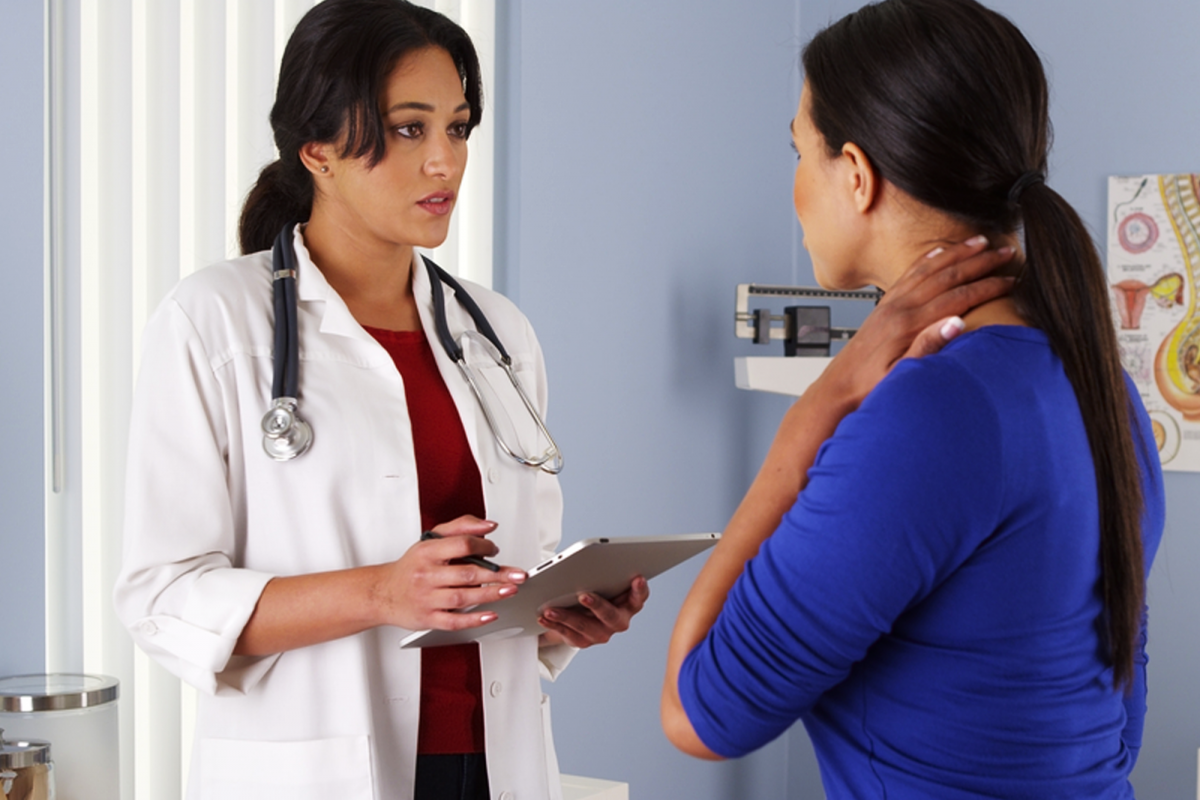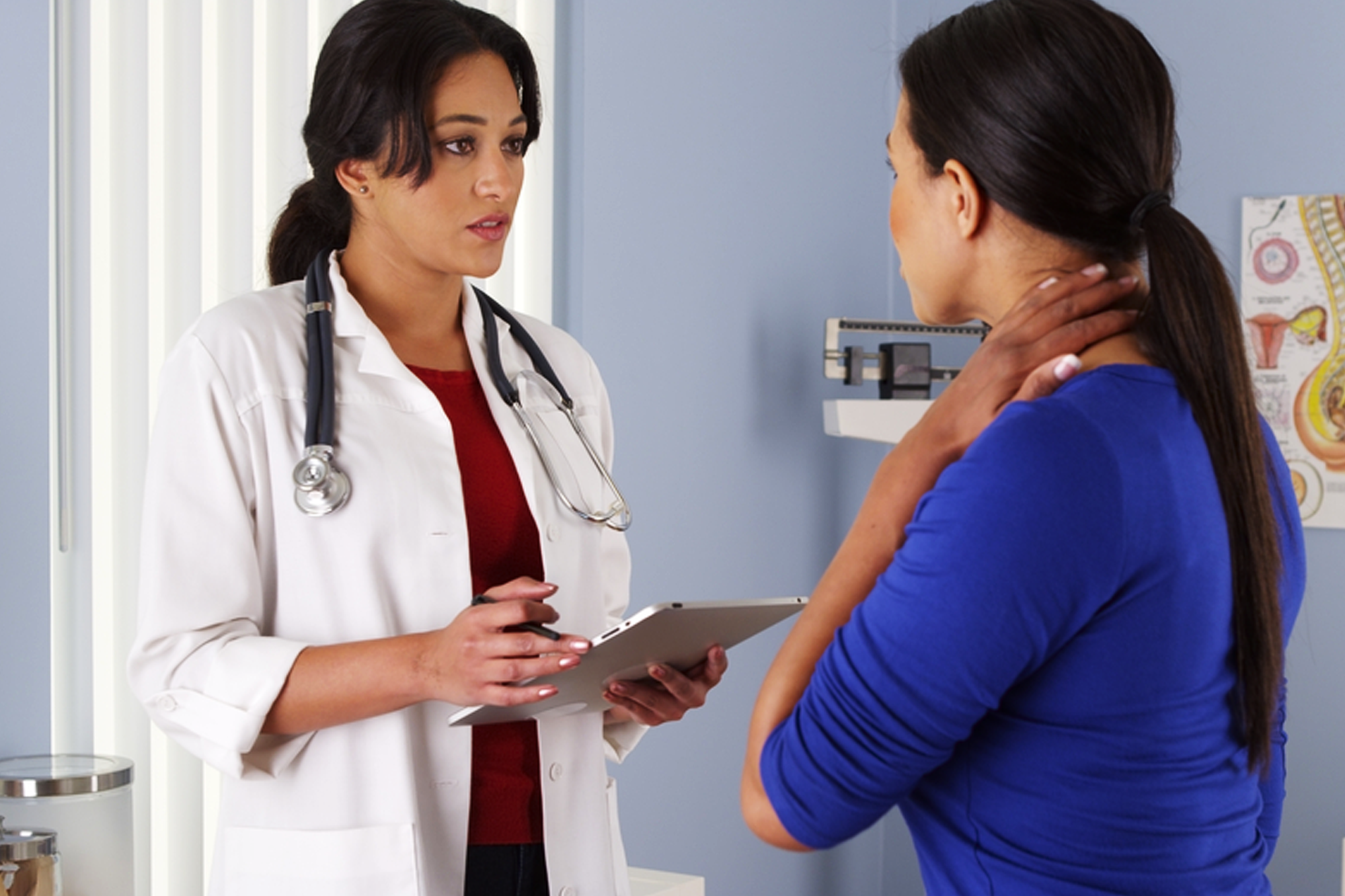What happens in a Gynaecological check-up?

It is normal for many women to feel nervous or uncertain before visiting a gynecologist. This step signifies moving from girlhood into womanhood. A gynecologist helps you listen to your body and take charge of your physical, sexual, and reproductive health, including birth control, childbirth, and menopause. They also screen for cancer, treat infections, and perform surgeries for pelvic or urinary tract problems.
When Should You Start Gynecologic Checkups?
-
The first appointment usually occurs between 13 and 15 years old.
-
Some women wait until after their first sexual intercourse or after experiencing symptoms such as abnormal vaginal discharge, vaginal burning, severe menstrual cramps, or irregular periods.
-
Tip: Starting early is always better for preventive care.
What Happens at Your First Gynaecological Check-Up?
Your first appointment is usually simple. The doctor will:
-
Get to know you and your family’s medical history
-
Discuss your sexual health
-
Ask questions about your overall well-being
It is important to share accurate information during this consultation.
Types of Gynecological Exams
The type of tests you undergo depends on your age, sexual history, symptoms, and the length of your appointment. Common exams include:
1. General Health Check-Up
-
-
Measuring weight and blood pressure
-
Blood and urine tests
-
-
Physical Exam
-
Questions about personal and family health history
-
Exam in a gown with privacy maintained
-
-
Pelvic Exam
-
Examination of the vulva and vagina for infections
-
Speculum used to inspect the cervix
-
Slight pressure may be felt, but it should not be painful
-
-
Pap Smear
-
Cervical cell samples are collected to check for cervical cancer and other abnormalities
-
-
Internal Bimanual Exam
-
One or two gloved fingers in the vagina and hand on lower abdomen to check cervix, uterus, fallopian tubes, and ovaries
-
-
STD Tests (if sexually active)
-
Tests for gonorrhea, chlamydia, syphilis, HIV
-
Swabs or blood tests are used
-
-
Breast Examination
-
Checks for lumps, abnormal discharge, or other irregularities
-
Request a call back



 Call-an-Ambulance
Call-an-Ambulance



